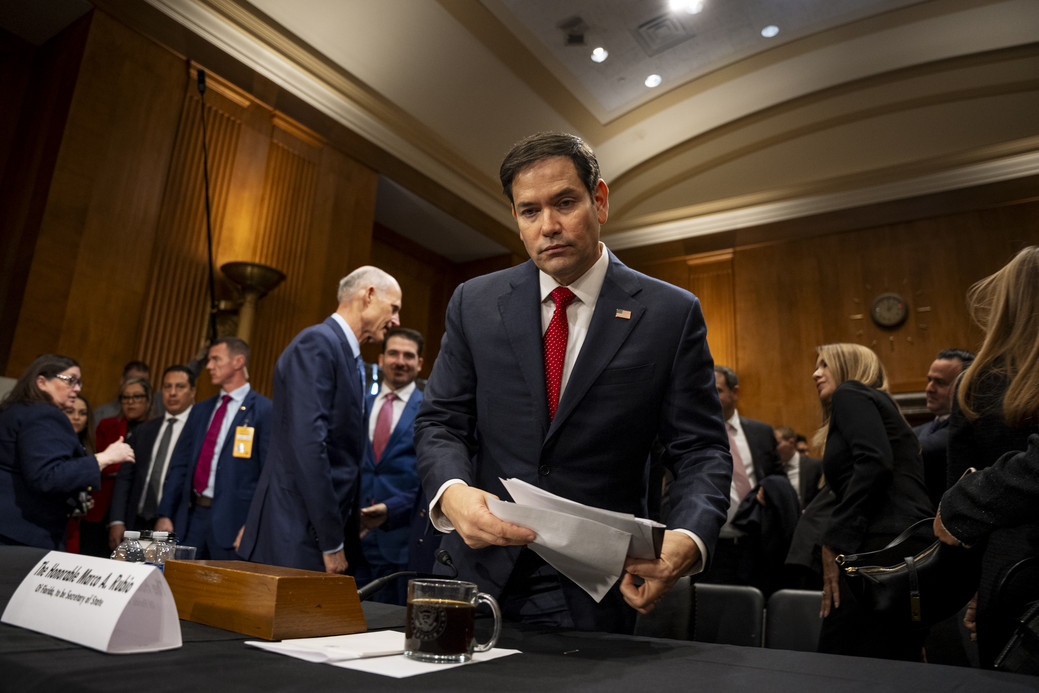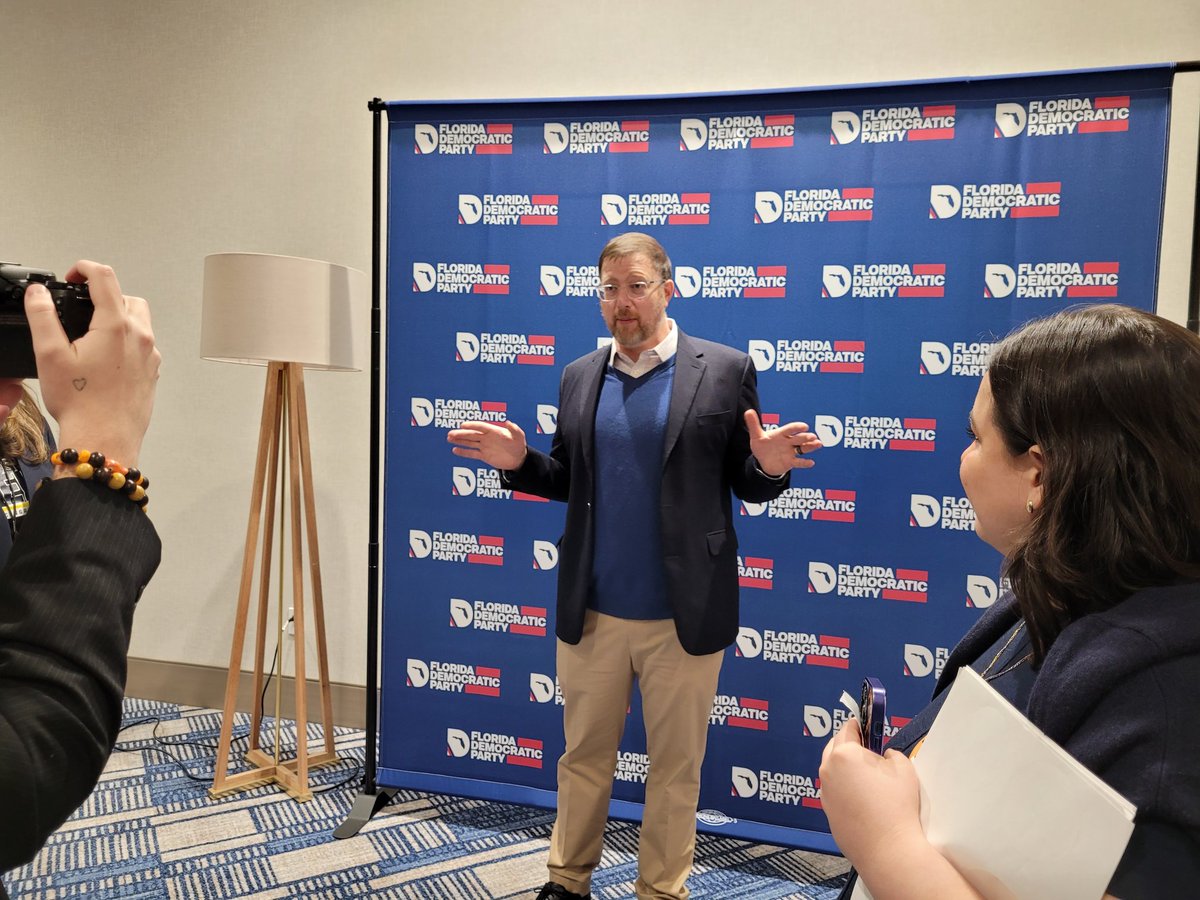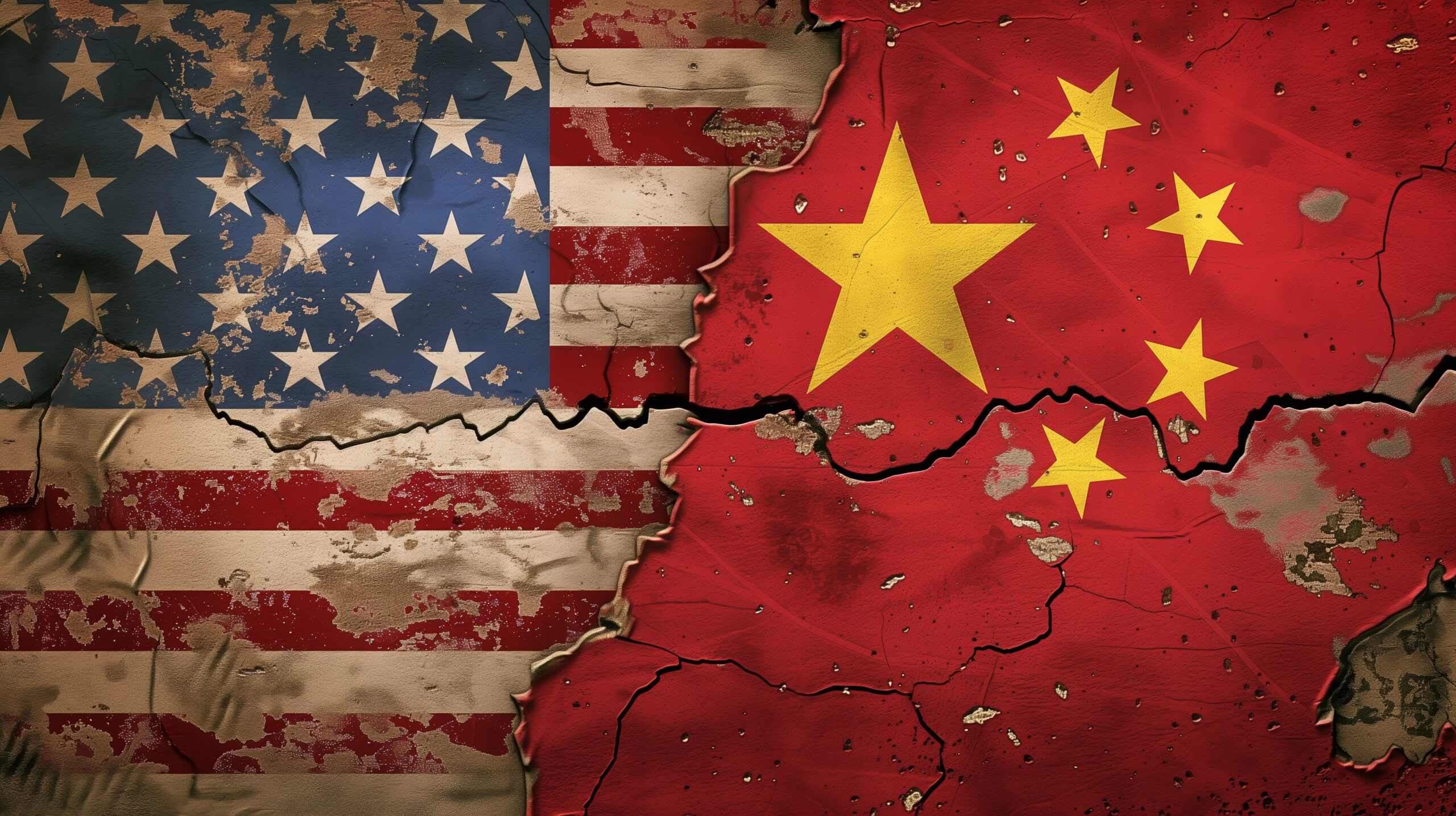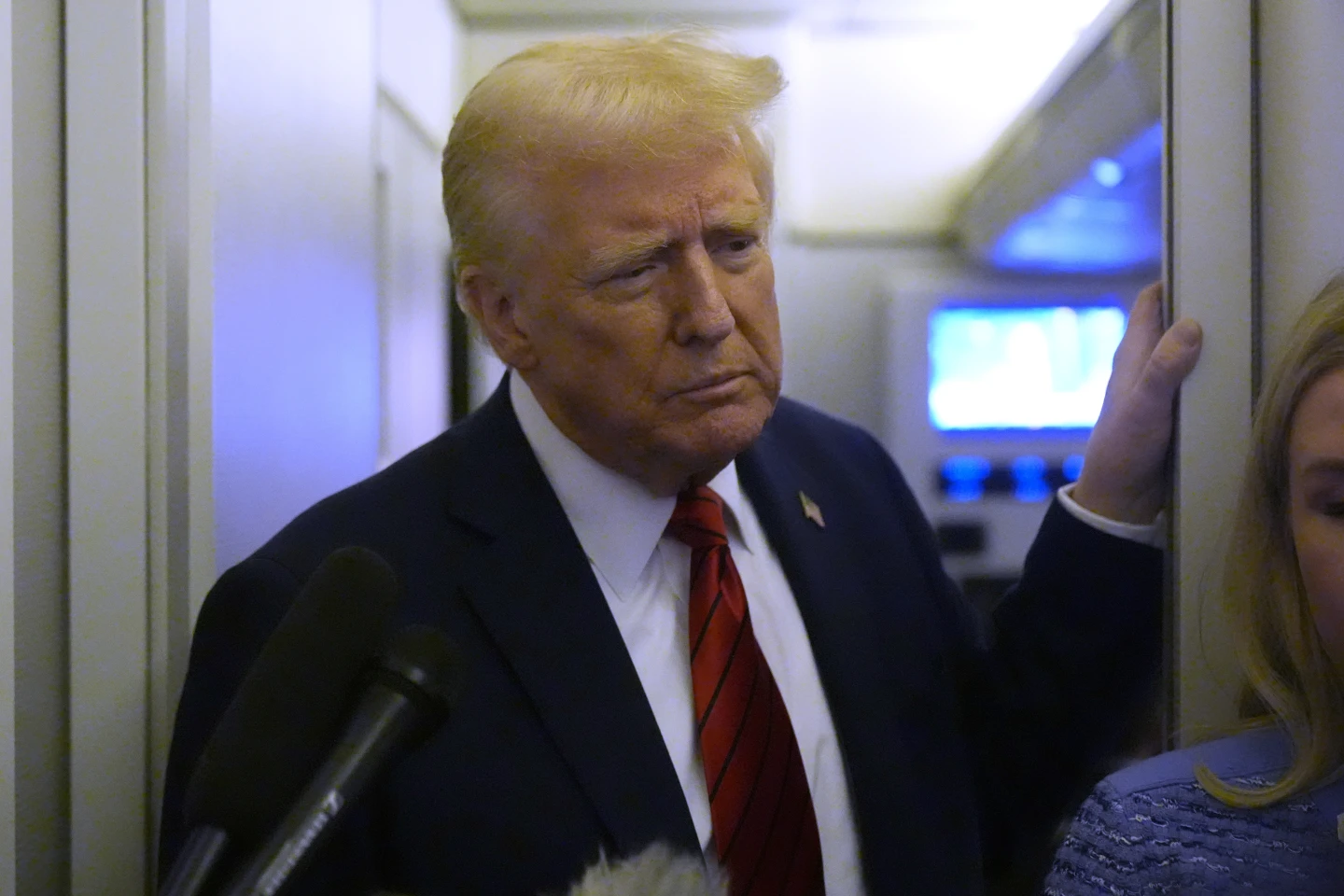Secretary of State Marco Rubio is en route to Panama, El Salvador, Costa Rica, Guatemala, and the Dominican Republic.
The trip, which extends from Saturday to Thursday, is said to “advance President Donald Trump’s America First foreign policy.”
The stakeholder talks, meanwhile, spotlight cooperation amid Chinese encroachments in the Western Hemisphere.
“Secretary Rubio’s engagements with senior officials and business leaders will promote regional cooperation on our core, shared interests: stopping illegal and large-scale migration, fighting the scourge of transnational criminal organizations and drug traffickers, countering China, and deepening economic partnerships to enhance prosperity in our hemisphere,” claims the travel advisory.
“Under the Trump Administration we stand with our regional partners and look forward to working with them,” Rubio personally says.
In a briefing with press this week, Special Envoy Mauricio Claver-Carone noted the nature of the power struggle with Beijing.
“20 years ago people were talking about whether the 21st century was going to be a Chinese century or an American century … the 21st century will also be an American century. And that’s what the focus – and America can’t – just like in the 20th century, it begins right here. It begins right here in where we live, in the hemisphere we live. It begins right here, harkening back to what made America great – the growth, the manufacturing growth of America, the reindustrialization of America, and frankly the great assets that America has built across the world, and in this case particularly the Panama Canal,” he said.
To that end, the Panama Canal will be discussed, as the Trump administration seeks to undo the misstep of the Carter era that left it open for Chinese control.
“So, well, they’re all over Panama. A few years ago, Panama made the decision that they were going to de-recognize Taiwan and align with Beijing. And with that came all sorts of money that was provided to the then president’s administration to – for projects and things of that nature, but also Chinese investment. And one of the main investments they have is in these two port facilities on both – on the entry – on both sides of the canal. And all kinds of other infrastructure, cranes and the like,” Rubio told Megyn Kelly this week, regarding a Hong Kong company that has disproportionate sway and ability to impact American aims.
“Every company that operates from China or Hong Kong, which is controlled by China – more than ever controlled by China; it’s no longer autonomous – they have to do whatever the government tells them. And if the government in China in a conflict tells them to shut down the Panama Canal, they will have to. And in fact, I have zero doubt that they have contingency planning to do so. That is a direct threat.”
It’s not just the canal, though.
Rubio will meet with Salvadoran President Nayib Bukele, and strategic cooperation is the point, per the envoy, who lauds his “extraordinary handling of the MS-13 gang problem, how he’s managed it in El Salvador, and frankly how that can also be an alternative to help and support the United States in dealing with the most current gang problem that we have, which are the Venezuelan Tren de Aragua gangs and how they can – and how President Bukele can help us there.”
In Guatemala and Costa Rica, meanwhile, repatriation will be a focus, as the Trump team seeks to reverse the migrant flood of the Biden years. And in the D.R., Haiti will be a point of conversation.
Ultimately, the unifying factor is national interest.
As Rubio told Kelly, “the Chinese will do what’s in the best interests of China, the Russians will do what’s in the best interest of Russia, the Chileans are going to do what’s in the best interest of Chile, and the United States needs to do what’s in the best interest of the United States.”
“Where our interests align, that’s where you have partnerships and alliances; where our differences are not aligned, that is where the job of diplomacy is to prevent conflict while still furthering our national interests and understanding they’re going to further theirs. And that’s been lost,” he said.
Post Views: 0

 Entertainment8 years ago
Entertainment8 years ago
 Entertainment8 years ago
Entertainment8 years ago
 Politics8 years ago
Politics8 years ago
 Tech8 years ago
Tech8 years ago
 Tech8 years ago
Tech8 years ago
 Tech8 years ago
Tech8 years ago
 Politics8 years ago
Politics8 years ago
 Tech8 years ago
Tech8 years ago








